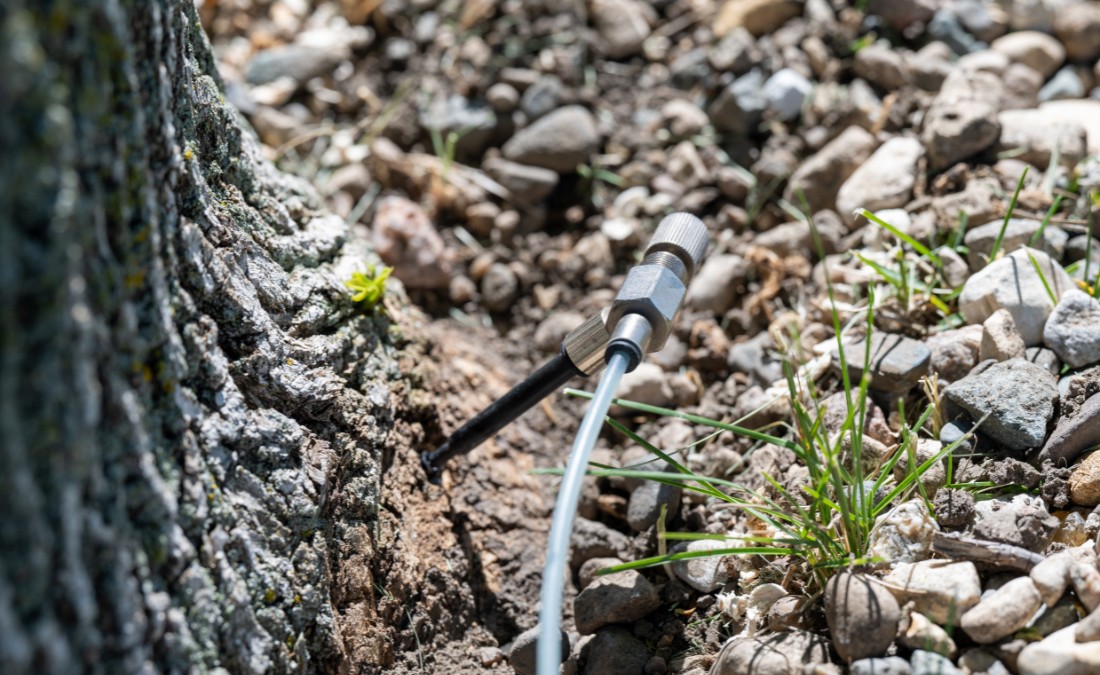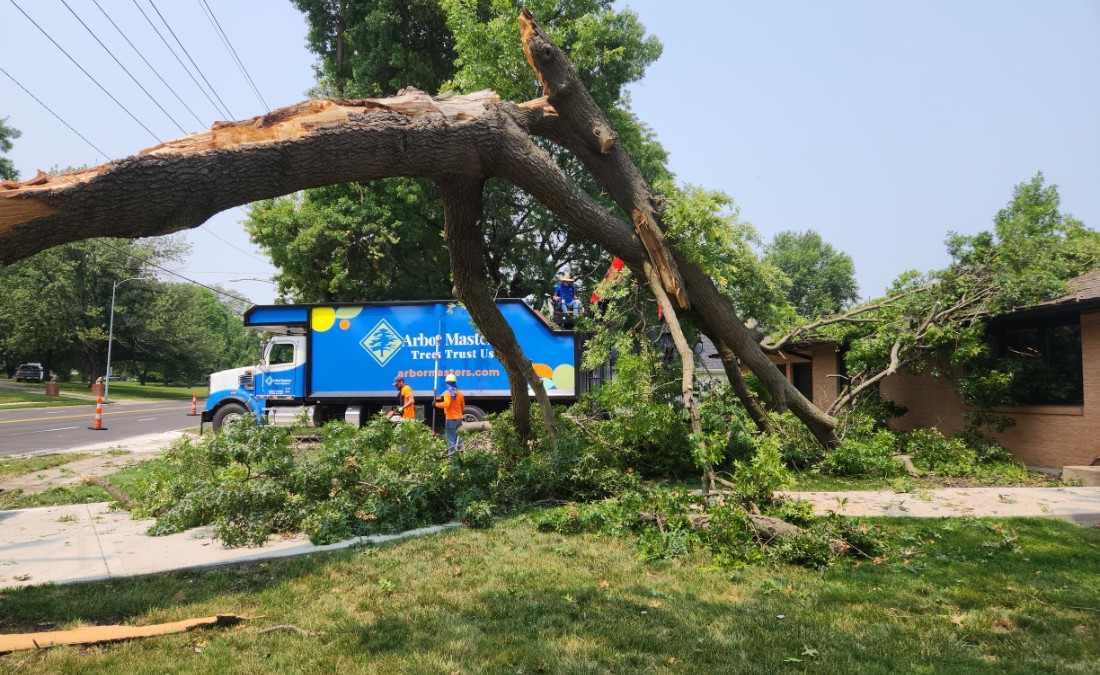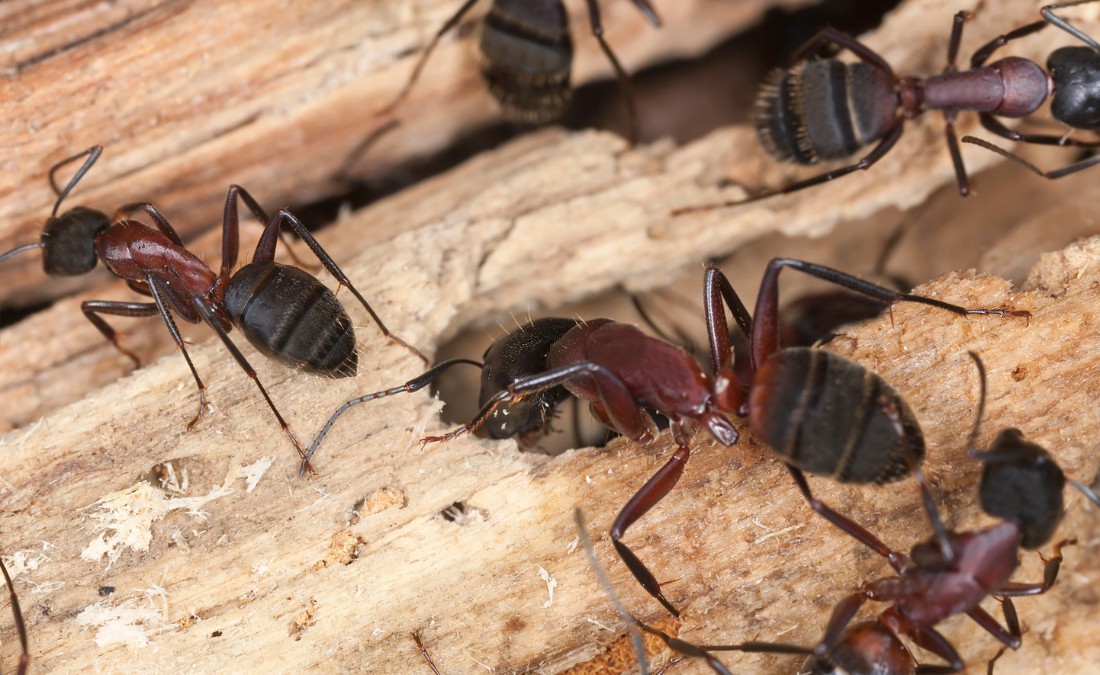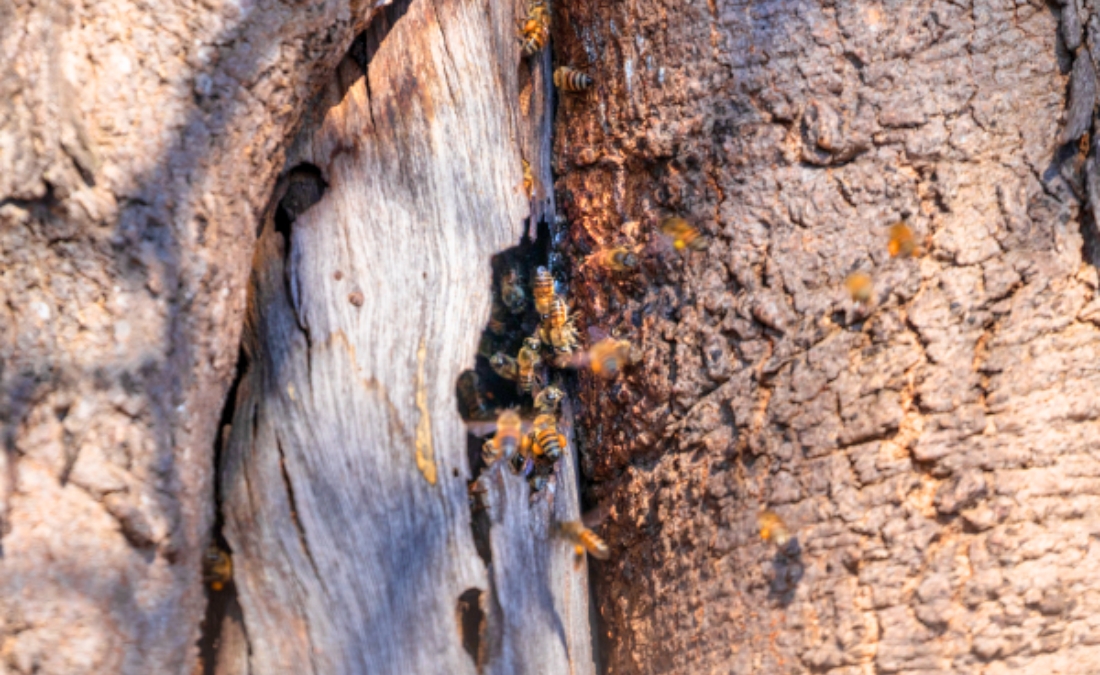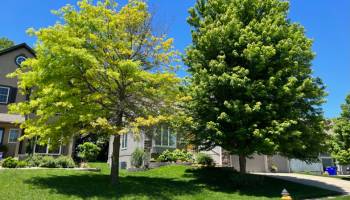Tree Insect and Disease Control in Fort Worth
At Arbor Masters, we have the expertise and knowledge to protect and treat your trees that are dealing with attacks from insects and diseases. Our high-quality services include:
Disease Treatment
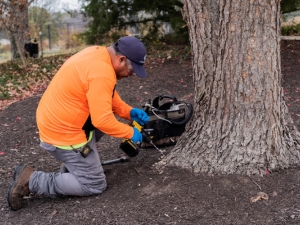
Disease Prevention
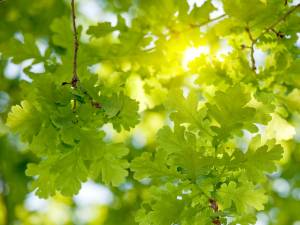
Insect Treatment
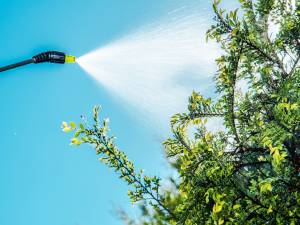
Insect Prevention
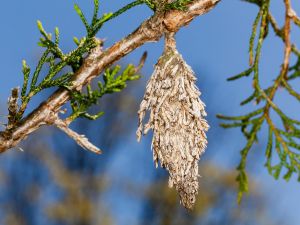
Signs That Something is Wrong with Your Tree
It’s difficult to spot the insects attacking your tree, as many of them are nearly impossible to see with the naked eye, and diseases may not produce noticeable symptoms.
While many pests and diseases manifest themselves and their damage in a variety of ways, there are often some tell-tale signs that your tree needs immediate help to save it. Some of the common symptoms of a tree dealing with bugs and diseases include:
If you notice any of these signs or any other instance of a tree not looking its best, it may be time to have an ISA Certified Arborist inspect your trees for signs of pests or diseases.
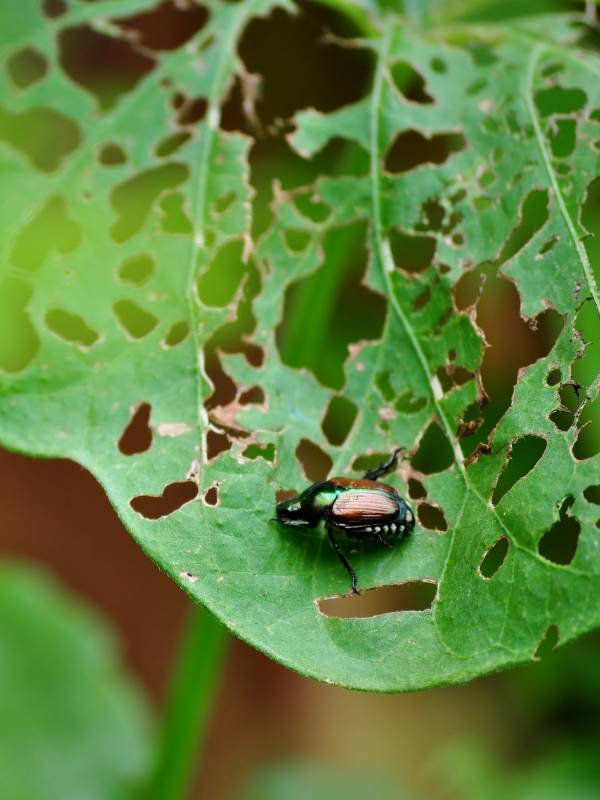
What to Expect When We Treat Your Trees
We’ve dealt with a lot of trees and the pests that attack them since founding Arbor Masters in 1960. We use this experience and institutional knowledge to tweak our process and ensure everything runs smoothly for you and your trees. The steps of our process are:
Initial Assessment
We’ll inspect your trees, note any symptoms, and work to determine what is wrong. Our ISA Certified Arborists are tree experts who know the best practices for identifying and treating diseases.
Develop a Quote
Once we know what we’re up against, we’ll develop a quote of what the work will take and send it to you digitally. Once you accept the quote, we can get started with finalizing the plan.
Finalize the Plan
We’ll determine the best method for treating your tree and the best timetable for application. We’ll set up a schedule that’s best for your trees and gives them a chance at recovery.
Treat Your Trees
On the scheduled day, we’ll treat your trees with a responsible application of fungicides or insecticides. We don’t spray with no regard for the environment. We target our treatments to get only the harmful insects.
Create a Schedule
We’ll create a continued schedule for caring for your trees to prevent further infestation or infection in the coming seasons with preventive fungicides or insecticides.
3 Reasons Fort Worth Trusts Arbor Masters
We are Fort Worth’s top choice for tree disease and insect control service, and for good reason.
ISA Certified Arborist on Staff
An ISA Certified Arborist is an expert on trees and can identify and treat trees with the latest techniques that give them the best chance to survive.
Oak Wilt Qualified
Oak wilt is a major problem throughout Texas, and it has killed untold numbers of oaks. We are Oak Wilt Qualified to identify and contain the disease.
Years of Experience
We’ve been in business since 1960, and we’ve learned plenty about trees in that time. We use this experience to bring you the best Fort Worth tree care possible.
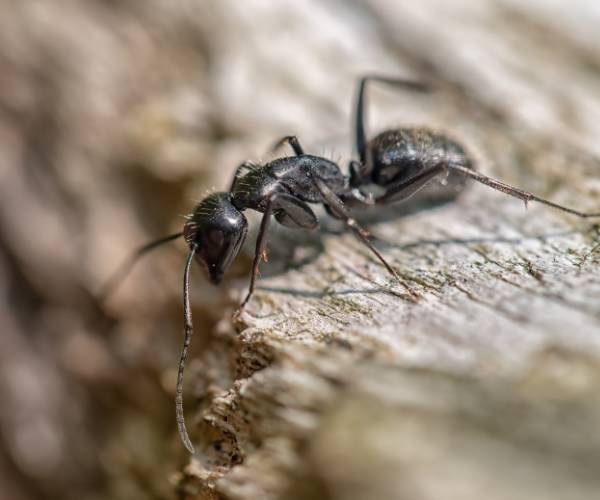
Certified and Accredited Tree Care Professionals
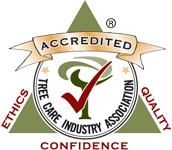

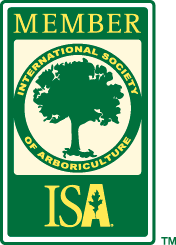

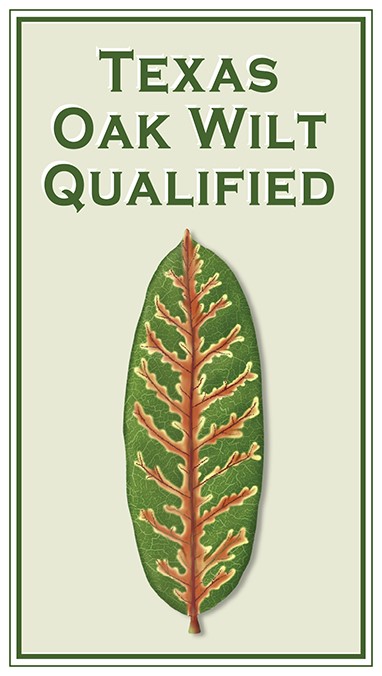
Methods We Use for Pest Control
At Arbor Masters, we believe in treating every tree and its problems differently. We’ll use whatever methods are best for a specific species in a specific situation to give your tree the best chance at survival.
You won’t find our arborists spraying chemicals without any concern for nearby trees or the environment. We strive to provide holistic tree care and targeted treatments.
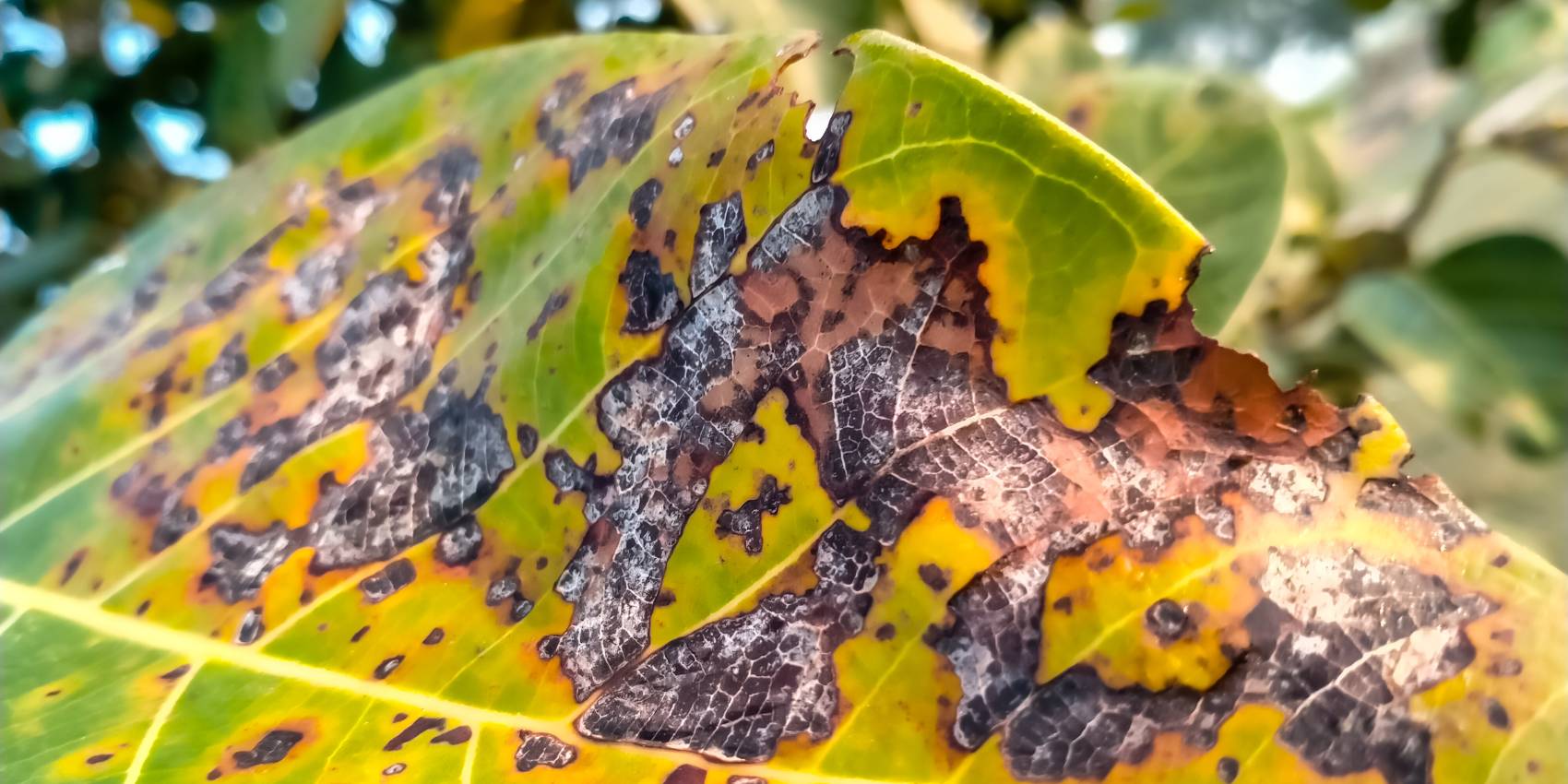
Common Tree Pests and Diseases to Know About in Fort Worth
There are several dangerous insects and diseases to keep an eye out for in the Dallas-Fort Worth metroplex.
Oak Wilt
Oak wilt is an incredibly lethal and fast-spreading disease that targets oak trees. Once symptoms appear, a tree will often need to be removed to save other trees from contracting the fungus responsible for the disease.
Hypoxylon Canker
Hypoxylon canker is a fungal disease that affects many hardwood trees. Keeping your trees healthy and stress-free can give them a better chance at avoiding invasion by the fungus.
Emerald Ash Borer
A relatively new concern in Fort Worth, the emerald ash borer is an invasive insect that attacks and kills ash trees rapidly. These dead ash trees become very dangerous, making prompt removal and identification of any further EAB activity crucial.
Tree Pest and Disease Control FAQs
The best prevention for oak wilt is to keep your trees stress-free and avoid pruning or otherwise injuring your trees during transmission periods (typically from spring until fall).
Invasive species like the emerald ash borer have no natural counters or predators that can control their population. They can spread much faster than native insects.
PHC stands for plant health care, and it is something you often hear arborists say. Don’t just think of flowers, as PHC covers treatment for trees and shrubs as well.
Treating diseases is often difficult and involves chemicals. Spraying without knowing what you are doing can harm the tree and kill beneficial bugs that help control pest activity.
Our Service Area
Arbor Masters provides expert tree care throughout the Dallas-Fort Worth area. If you aren’t sure if you’re in our area, check out our service area page to see a comprehensive list of areas we cover.
DeSoto
Irving
Mesquite
Haltom City
Sunnyvale
Resources on Insects and Diseases
Our arborists publish monthly articles related to all aspects of tree care, and they often touch on insects and diseases in our area. Check out the full list of articles on our tree care blog to learn more about your Fort Worth trees.
5 Common Tree Insects That May Be Attacking Your Fort Worth Trees
After the Storm: What Fort Worth Homeowners Should Know About Wind Damage in Trees
Are Carpenter Ants Harming Your Tree? Here’s What You Should Know
What Arbor Masters Is Doing to Save the Bees


